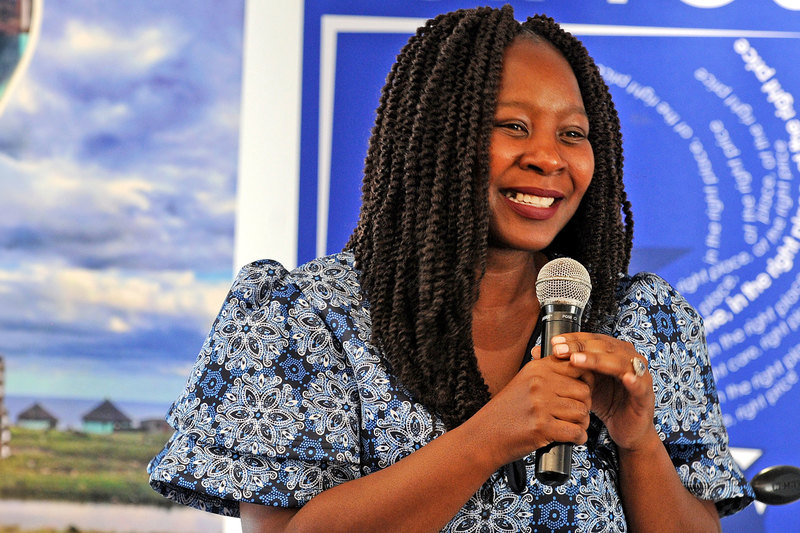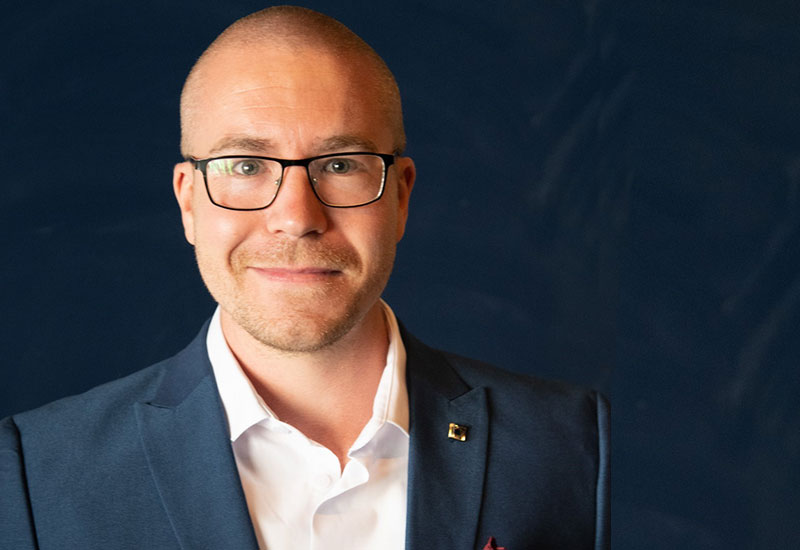Salome Maswime elected to lead WHO’s collaborating centre
09 September 2024 | Story Staff writer. Read time 3 min.
The University of Cape Town’s (UCT) Professor Salome Maswime has been selected to lead the World Health Organization’s (WHO) Collaborating Centre for Integrated Clinical Care, which will be based at UCT and will support countries pivot their health systems towards universal health coverage.
Professor Maswime is the head of UCT’s Division of Global Surgery in the Faculty of Health Sciences. As the centre’s director, she will ensure that it delivers on its mandate: to prioritise effective organisation, planning and patient movement across health systems, to ensure timeous access to quality care that aligns with users’ needs.
She said she is excited about the appointment and noted that the WHO’s decision to partner with UCT stems from the division’s commitment to advancing health equity, particularly in Africa. Maswime will be supported at the helm by deputy director, Associate Professor Willem Stassen, from UCT’s Division of Emergency Medicine.
A powerful recognition
Maswime said the teams involved in the centre are known for working to improve healthcare for vulnerable populations and collaborating with international institutions, non-governmental organisations and governments to get the work done. What’s more, this work aligns closely with the WHO’s Clinical Services and Systems Unit objectives, which focus on optimising health service delivery across the continuum of care.

“[This] is a powerful recognition of the work we have been doing at UCT and the potential it has to impact the future of healthcare globally. Personally, this is the culmination of over 10 years of collaboration with the WHO and I am excited about the opportunities this formal partnership brings. It’s a new beginning for us to influence global health positively, especially in Africa,” she said.
A multidisciplinary centre
The WHO has established collaborating centres in 80 member states. And these sites work alongside the organisation on key priority areas, including nursing, occupational health, communicable diseases, mental health, chronic diseases and health technologies.
Described as a multi-disciplinary centre, Maswime said it will engage a range of experts across several departments, including Surgery, Family Community and Emergency Care, and Anaesthesia and Perioperative Medicine.
“Our work has always been about improving access to care, especially for those who need it most.”
It will also support the organisation’s mission to strengthen timely access to people-centred, primary, emergency, critical and operative care – with a particular focus on improving healthcare in resource-constrained settings. Further, she said, the centre will engage in cutting-edge research and evidence generation to support the implementation of high-quality, integrated clinical care globally.
“Our work has always been about improving access to care, especially for those who need it most. The divisions represented in the collaborating centre are deeply committed to understanding how healthcare systems can be enhanced across the world. I believe our alignment with the WHO’s objectives made us a strong candidate for this designation,” she said.
 This work is licensed under a Creative Commons Attribution-NoDerivatives 4.0 International License.
This work is licensed under a Creative Commons Attribution-NoDerivatives 4.0 International License.
Please view the republishing articles page for more information.
Research & innovation





































